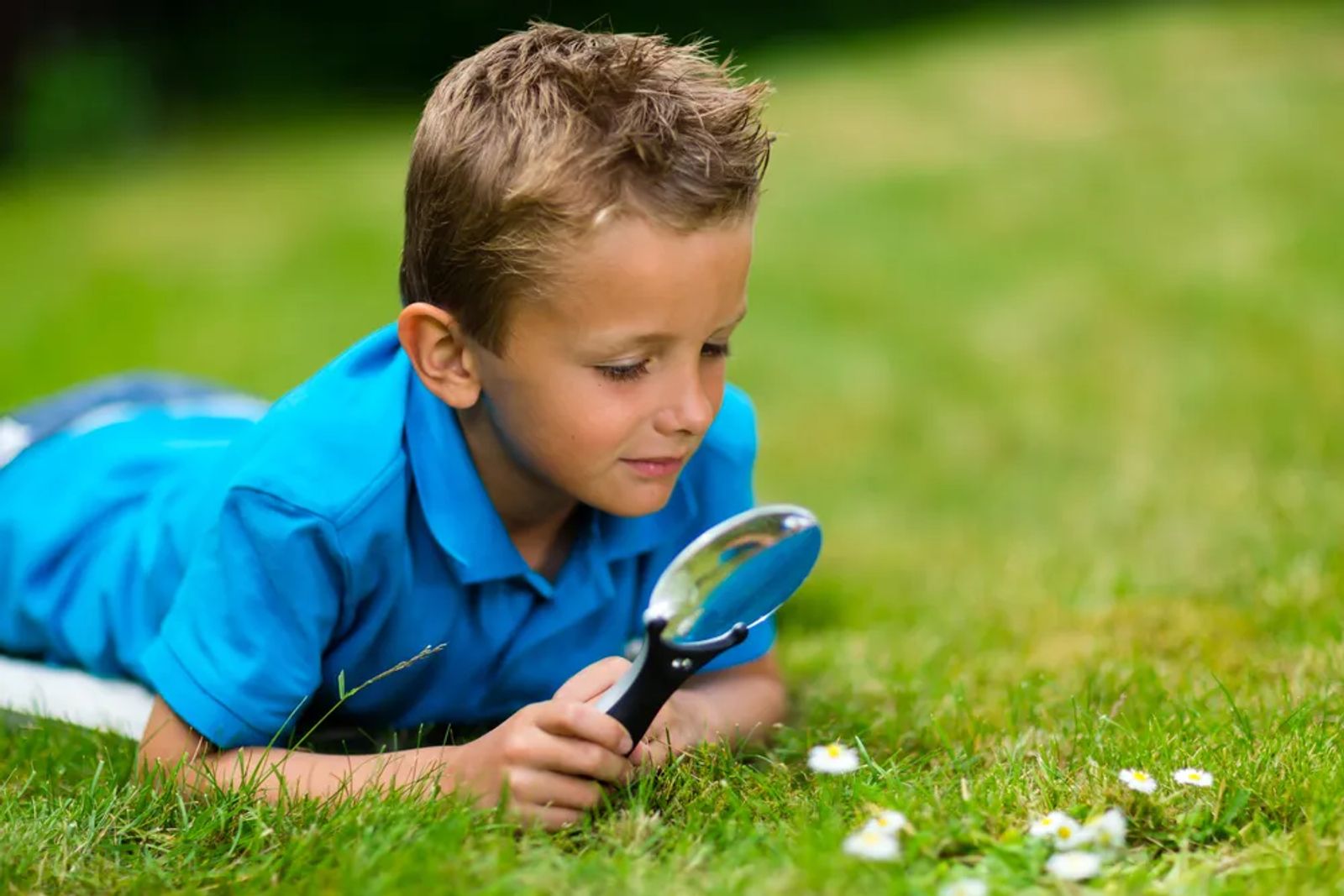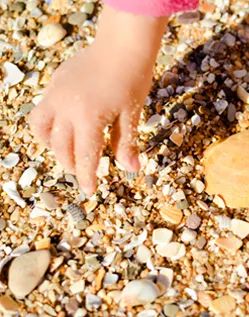The Significance of Sensitive Periods
Science and Sensitive Periods
What can cats, mice, and monkeys teach us about the way our children develop? And what can this possibly have to do with Montessori? The answer to both questions boils down to two words: sensitive periods.

- Back in the 1960’s, researchers discovered that kittens deprived of visual input during the first three months of life ended up blind. Without the environmental stimulus during its “critical period” (a.k.a. sensitive period) for visual development, the kittens’ “neural connections” for vision never developed. ¹
- Newborn mice and rats will not develop normal whisker and face sensitivity if they miss out on the critical period for developing their “whisker-barrel system.” The period occurs in the first few days of life, and once missed, cannot be recalled. ²
- Another 60’s experiment done with monkeys, showed that baby monkeys deprived of regular social stimuli during their first six months ended up…well, it’s really too sad to elaborate on. Suffice it to say, they were not emotionally healthy monkeys.³
Questionable ethics aside, these experiments all proved what Maria Montessori discovered more than a century ago: there are critical windows of time during which young developing brains require certain and specific stimuli. If these windows are missed, the resulting deficits could be permanent.
Without being melodramatic, I think it would be important to tell parents that they are participating with the physical development of their children’s brains to the exact degree that they interact and communicate with them. Language interaction is actually building tissue in their brains […]. The language centers of the brain are simply unable to attain full maturity without ample stimulation. ~ Maria Montessori
These windows of opportunity are what Montessori called sensitive periods. According to Montessori, children experience a predictable pattern of sensitive periods (within an age range) throughout their lives. The good news is that during a sensitive period, children soak up specific concepts with remarkable ease. And when your child is in the midst of one of these sensitive periods, she’ll gravitate toward certain activities or lessons with an intense, sometimes irrepressible interest.
A sensitive period is a burning fire of interest in something, during the period of time that a child acquires a new specific skill. ~Mary Ellen Maunz
Once the window has closed, however, the same information/skills must be learned the hard way, through memorization and repetition, or worse, not at all.

So how do we, parents and caregivers, ensure that our children have the “input” they need to develop to their greatest potential? Let the wisdom of Maria Montessori guide you. Maria Montessori was a brilliant doctor and researcher who spent a lifetime discovering the inner workings of the child’s developing mind. She categorized eleven basic sensitive periods of development, which you can read an introduction to here. If you'd like to learn more about your child’s development and developmental needs, consider on of Age of Montessori’s short course. This is great for parents and teachers alike!

Find out more: Ahhh! Discovering the Child's Sensitive Periods - a 2-week online, interactive course
______________________________________________
REFERENCES:
¹Torsten N. Wiesel, David H. Hubel, SINGLE-CELL RESPONSES IN STRIATE CORTEX OF KITTENS DEPRIVED OF VISION IN ONE EYE, Journal of Neurophysiology Published 1 November 1963 Vol. 26 no. 6, 1003-1017. Web. 12 Jan. 2017.
²Erzurumlu, Reha S. “Critical Period for the Whisker-Barrel System.” Experimental neurology 222.1 (2010): 10–12. PMC. Web. 12 Jan. 2017.
³Menzel, E.W. Psychol. Forsch. (1964) 27: 337. doi:10.1007/BF00421336






















